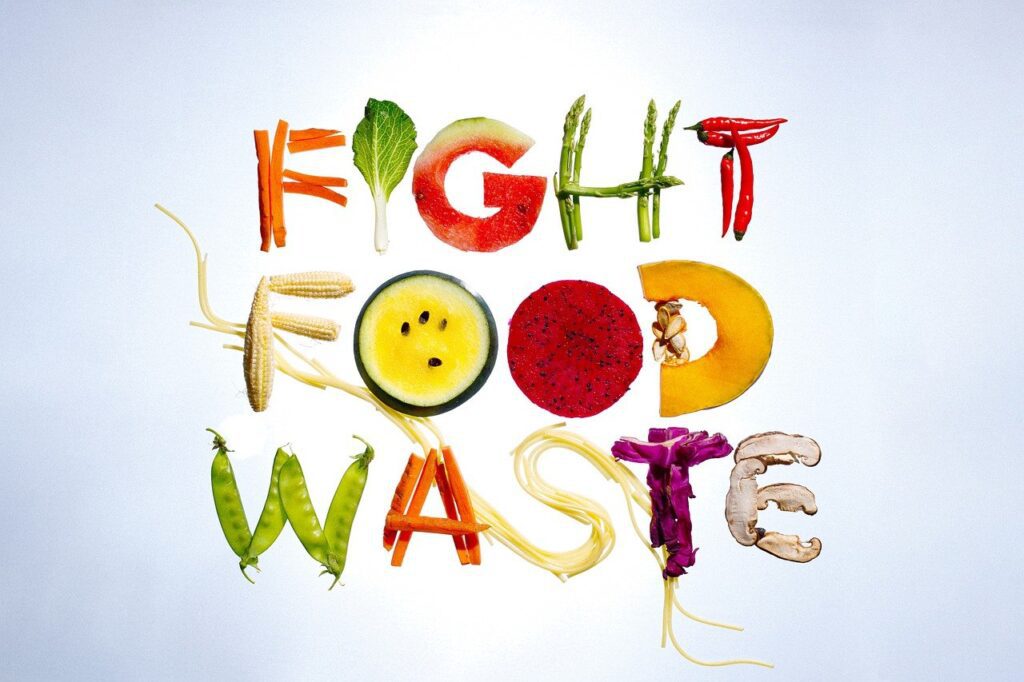
In a world where hunger and food insecurity persist as pressing issues, the paradox of food waste stands out as a colossal challenge. Astonishingly, about one-third of all food produced globally is never consumed, resulting in significant economic, environmental, and social costs. However, amidst this bleak scenario, innovative startups like Too Good To Go and Olio are pioneering solutions to address this issue head-on. By leveraging technology to connect consumers with surplus food from restaurants and retailers at discounted prices, these companies are not just combating food waste but are also making quality food more accessible to a broader audience.
The Gravity of Food Waste
The statistics on food waste are staggering, with approximately 1.3 billion tonnes of food being wasted each year worldwide. This wastage occurs across the entire supply chain, from farms to kitchens, and encompasses perfectly edible food that is discarded due to various reasons including overproduction, cosmetic standards, and inefficient distribution. The consequences of this waste are far-reaching, contributing to greenhouse gas emissions, wasting precious resources like water and land, and exacerbating food scarcity.
A Sustainable Solution
Enter the innovative approach of startups like Too Good To Go and Olio, which are turning the tide on food waste through technology-driven platforms. These platforms serve as a bridge between businesses with surplus food and consumers seeking affordable, quality options. By offering unsold food at reduced prices, they provide a win-win solution: businesses recover costs, consumers save money, and together they contribute to a reduction in food waste.
How It Works
The process is straightforward yet effective. Restaurants, cafes, and even grocery stores list their surplus food items on these platforms at discounted rates. Consumers can then browse and purchase these items through an app, picking them up at a designated time. This not only prevents perfectly good food from ending up in landfills but also raises awareness about the issue of food waste among both businesses and consumers.
The Impact
The impact of these startups is profound. Too Good To Go, for example, operates in 15 countries and has saved millions of meals from going to waste. Similarly, Olio has facilitated the sharing of millions of food items between neighbors, not just from businesses but also from individuals looking to share surplus food. These platforms are not only mitigating the environmental impact of food waste but are also fostering community spirit and a culture of sharing and sustainability.
Beyond Food Waste
The implications of these initiatives extend beyond just reducing food waste. They are contributing to the creation of a more efficient and sustainable food system. By valorizing surplus food, they are sending a powerful message about the value of food and the importance of conserving our resources. Moreover, they are providing an affordable way for people to access quality food, thereby addressing issues of food insecurity and inequality.
The Path Forward
While startups like Too Good To Go and Olio are making significant strides in combating food waste, the challenge is far from over. Their success highlights the potential of technology and innovation in addressing environmental and social issues. However, a broader systemic change involving consumers, businesses, and policymakers is essential to scale these solutions and make a lasting impact.
As we move forward, it is crucial for all stakeholders to recognize the importance of reducing food waste and to support initiatives that promote sustainability and resource conservation. By doing so, we can work towards a future where food is valued and utilized efficiently, ensuring that it nourishes people rather than contributing to environmental degradation.
Conclusion
In conclusion, the battle against food waste is being waged on multiple fronts, with startups like Too Good To Go and Olio leading the charge. Through their innovative platforms, they are not only reducing waste but are also redefining our relationship with food. As these initiatives grow and inspire others, there is hope that we can transform our food system into one that is more sustainable, equitable, and waste-free.
Written by Jack Gunning.
Jack Gunning is a writer and marketing specialist. He resides in Ireland.
